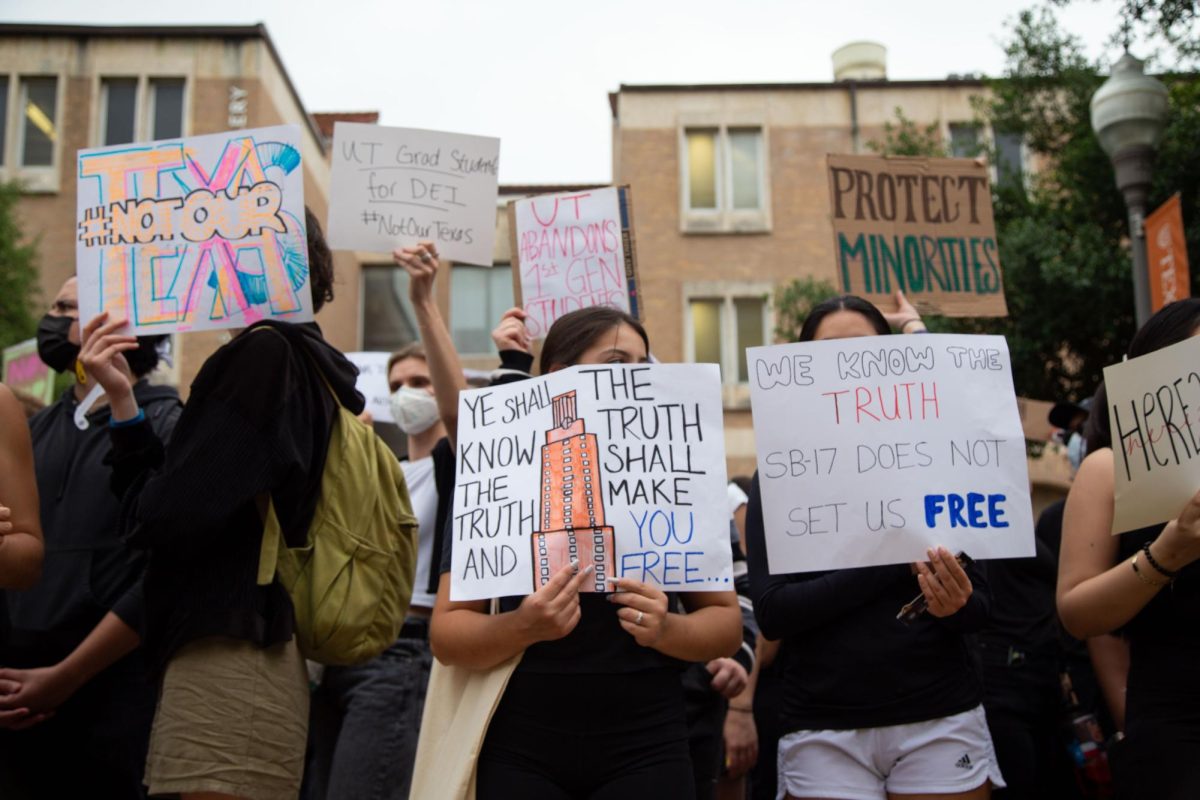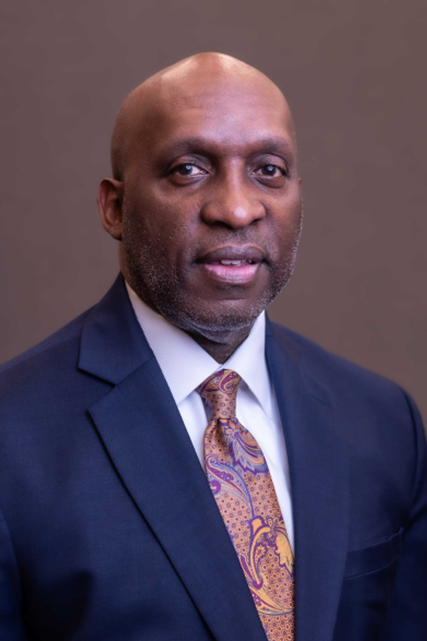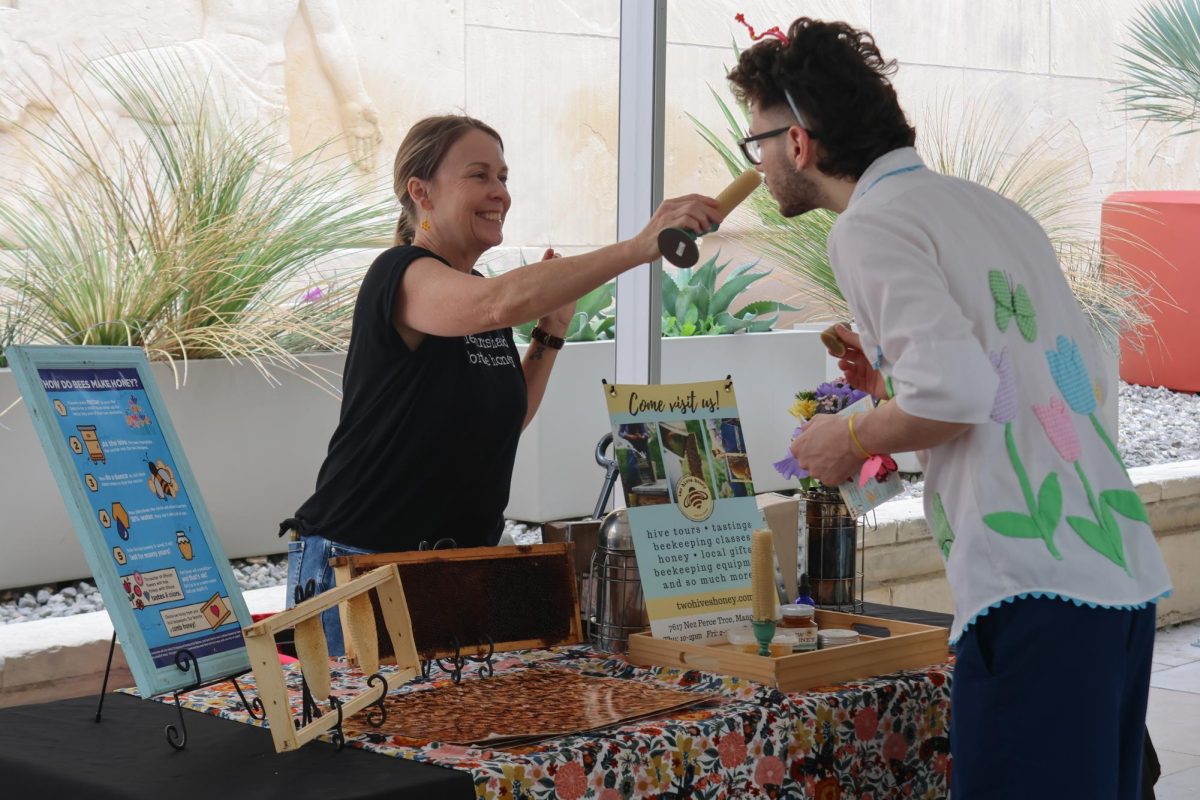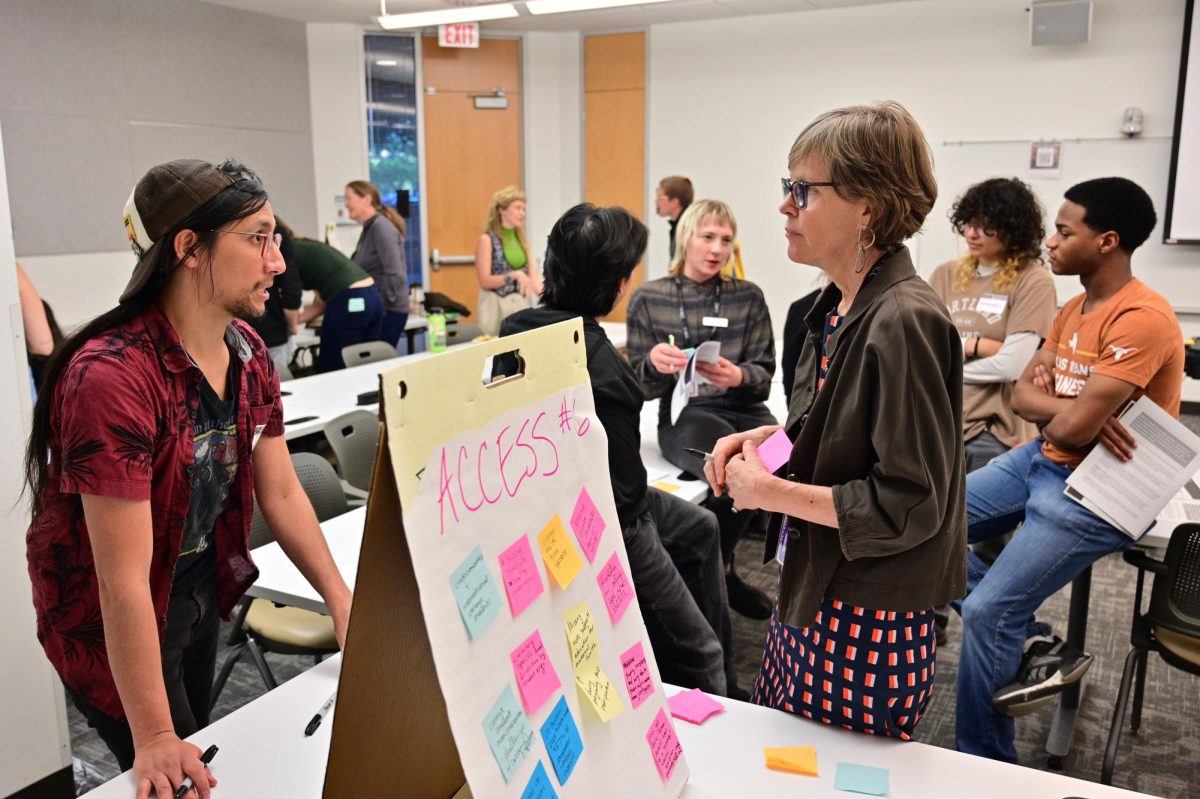Only 2 to 9% of former foster youth graduate from institutions of higher learning in Texas, according to 2017 data from the Texas Higher Education Coordinating Board and Department of Family and Protective Services.
The National Factsheet on the Educational Outcomes of Children in Foster Care indicated 70 to 84% of foster youth in 2014 wanted to go to college and 31.8 to 45.35% attended.
Tymothy Belseth, a research coordinator with the Texas Institute for Child & Family Wellbeing, said some reasons for the low college graduation rate are a result of students’ time in foster care.
“There may be unresolved trauma that may negatively affect nearly every aspect of their life,” Belseth said. “(Also), foster youth have lived in a legal bubble for their adolescence, and some may not be ready for independent adulthood because they lack hands-on experience in unsupervised settings.”
Belseth said former foster youth face substantial challenges during their transition from adolescence to adulthood, in part because they lack a supportive network of people to rely on outside of foster care.
“Foster youth sometimes have a hard time asking for help when they need it,” Belseth said. “Many of these people are incredibly resilient and have learned to figure things out on their own, but sometimes there are problems that are simply too big for one person to address alone.”
Shannon Mann-Butler, a foster care liaison at UT and senior development and operations coordinator at the institute, said the Spark program at the institute, through the Steve Hicks School of Social Work, was designed to serve as a “safety net” for former foster students by providing services to students such as one-on-one support and financial assistance.
“We are trying to reach out to people on a long-term basis,” Mann-Butler said. “We have paid rent for students when they’ve been behind or had a roommate move out, we’ve given utility assistance, we’ve done all kinds of things to help in emergency situations.”
A former foster student at UT, who asked to remain anonymous, said lacking family support is one of the biggest challenges they face in college.
“You might not realize it, but you rely on your parents for a lot,” they said. “I have to figure out the loan process by myself, and you can’t get an apartment because you don’t have … a parent to act as your insuree. There are definitely different challenges, but you just gotta get through it.”
Texas Education Code requires every higher education institution in Texas to appoint a liaison for former foster youth. At UT, three people — including Mann-Butler — fulfill this role.
Yet, the student said they have not received support from UT for their transition to college.
“It was on my file that I was a former foster care (youth) and nobody has reached out to me and offered to help me in any way,” they said.
Mann-Butler said the program is still trying to identify all former foster care youth because confidentiality laws can make it difficult to access a list of former foster youth.
“It has been an imperfect system at this point, and we know that people are falling through the cracks, but we want to do whatever we can to try to fill those holes and help people find us,” Mann-Butler said.
Audrey Urbis, a Plan II honors and finance senior, is writing her thesis on foster care student experiences at institutions of higher education in Texas. Urbis said it is difficult to identify former foster care students outside of their FAFSA.
“A recurring theme I have encountered is how can we increase communication (and) collaboration across entities and departments on campuses to better facilitate the transfer of information and data (so that) students can be better connected with what does exist for them,” Urbis said.
Belseth said he would like former foster care students at UT to know resources are available to them on campus.
“Do not be afraid or ashamed to ask for help,” Belseth said. “I know that it can be a challenge to ask, but there are great people on campus that are truly committed to seeing you succeed. Many foster youth sometimes feel vulnerable asking for assistance, but it is an empowering experience to have others believe in you and aid you on your journey.”




















